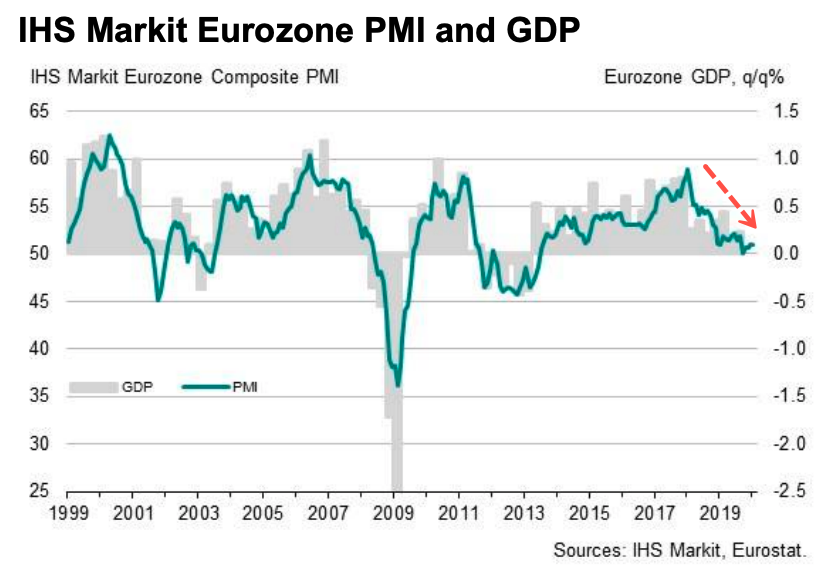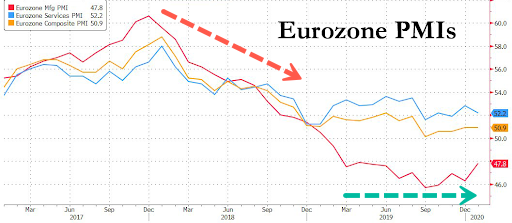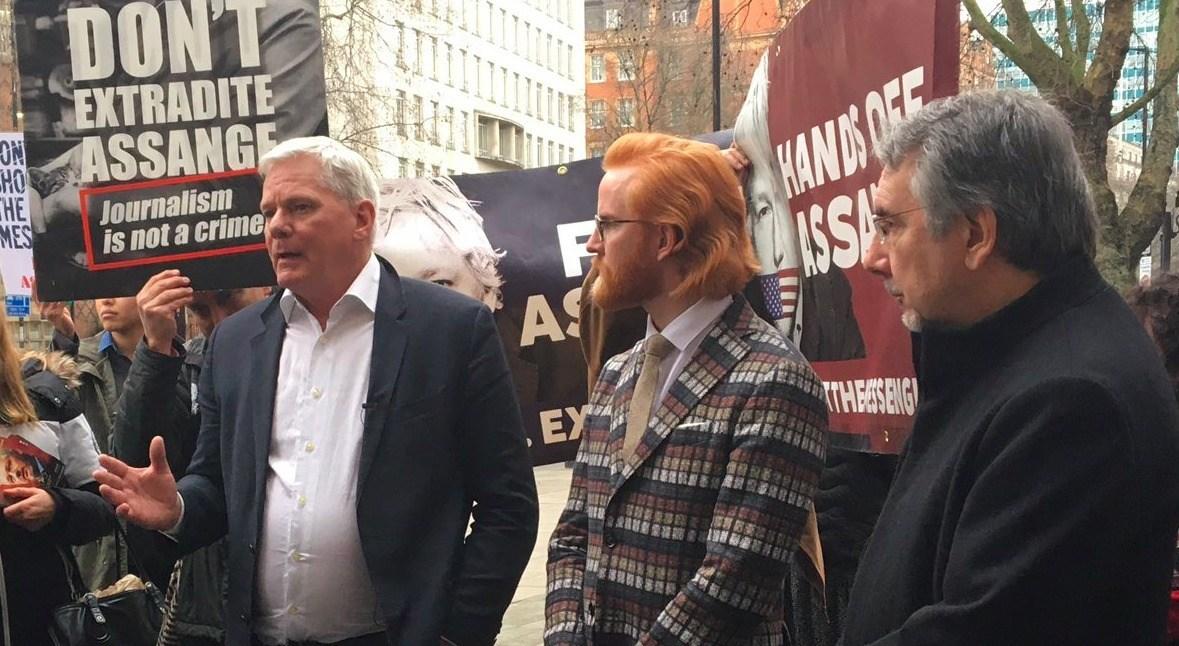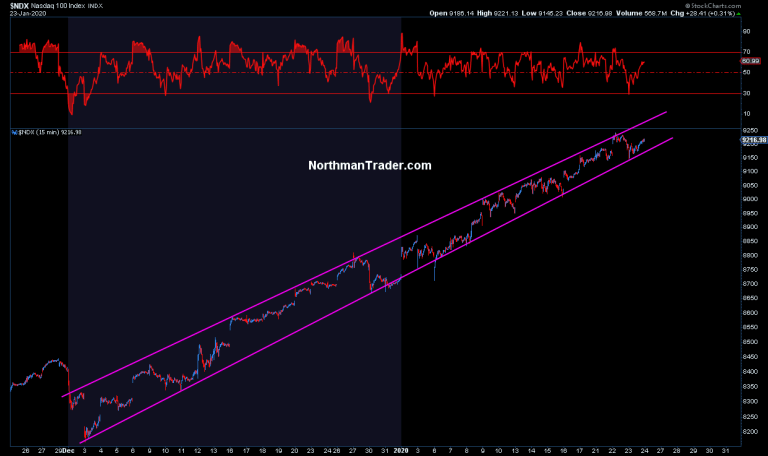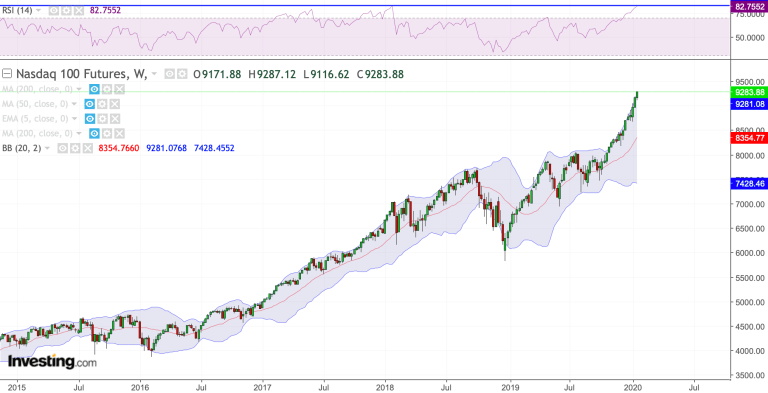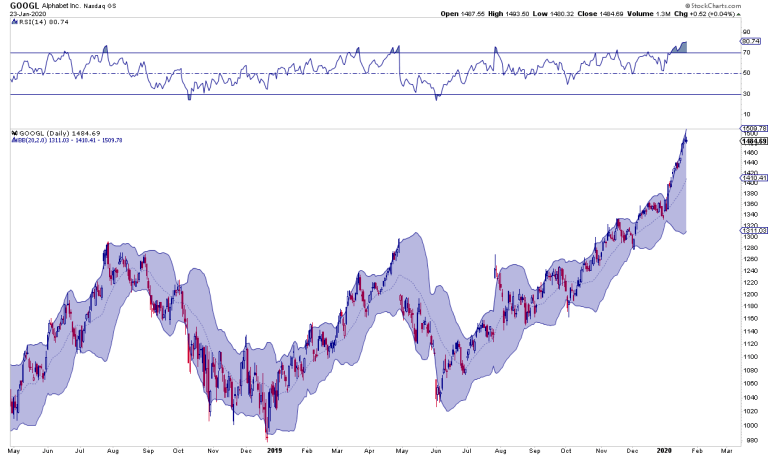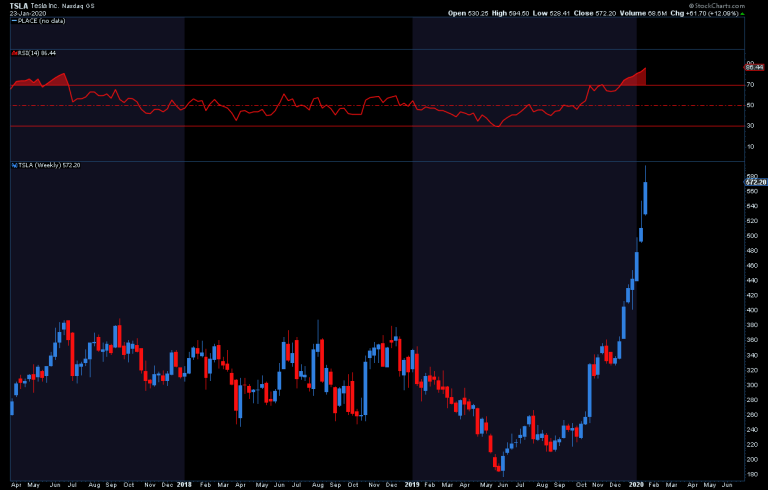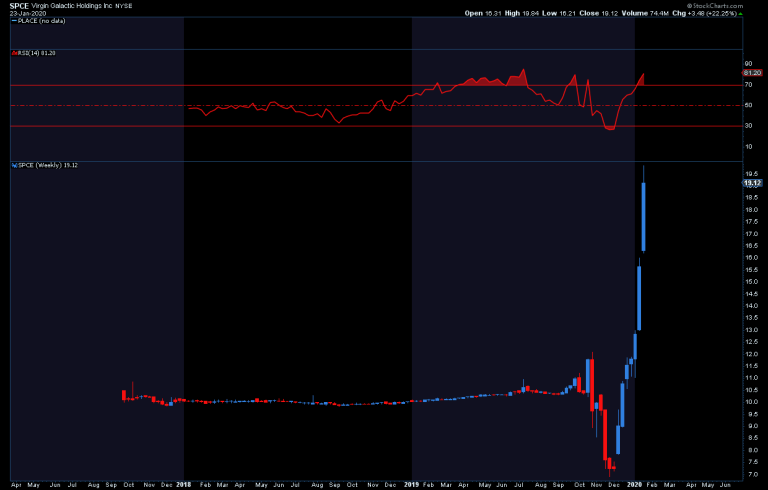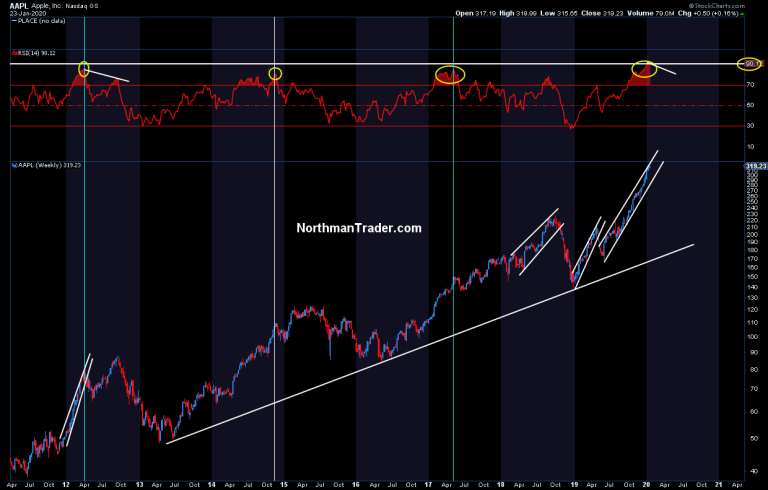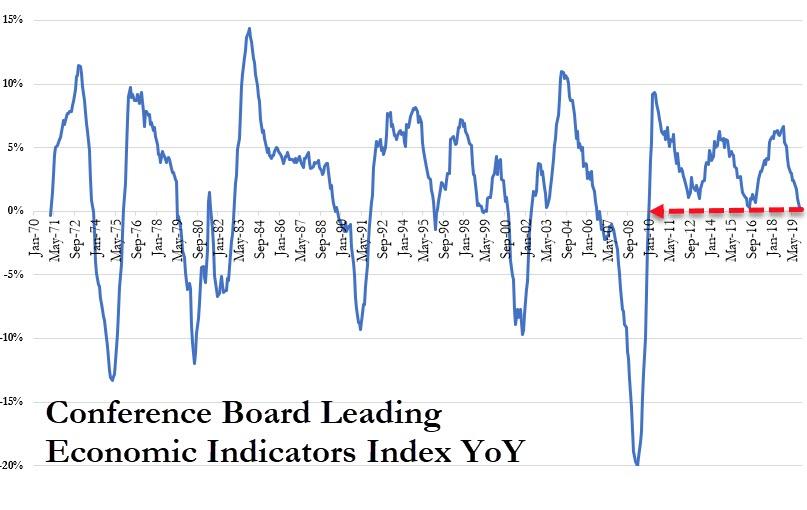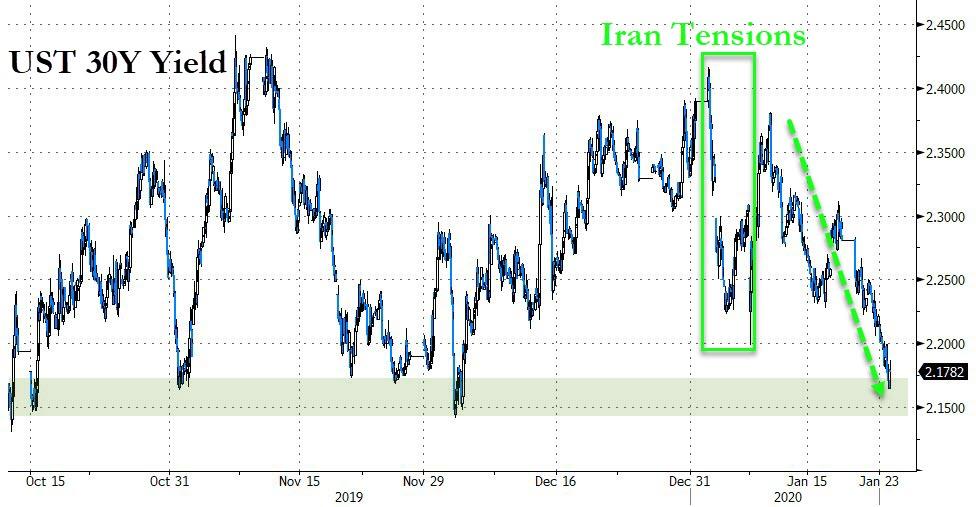Hillary Puts Bernie Into Her Basket Of Deplorables
Authored by Patrick Buchanan via Buchanan.org,
“Nobody likes him, nobody wants to work with him, he got nothing done. He was a career politician.”
So says Hillary Clinton of her former Senate colleague and 2016 rival for the Democratic nomination, Bernie Sanders.
Her assessment of Sanders’ populist-socialist agenda?
“It’s all just baloney and I feel so bad that people got sucked into it.”
Does that assessment still hold with Sanders now running strong in Iowa, New Hampshire and Nevada, and having emerged, according to The New York Times, as “the dominant liberal force in the 2020 race”?
“Yes, it does,” said Clinton, who left open the possibility she might not support Sanders if he became the nominee.
In her interview with The Hollywood Reporter to promote a documentary that premieres Saturday at the Sundance Film Festival, Clinton also tore into Bernie’s backers.
“It is not only him. It’s the culture around him. It’s his leadership team. It’s his prominent supporters. It’s his online Bernie Bros and their relentless attacks on lots of his competitors, particularly the women,” said Clinton.
“It should be worrisome that he has permitted this culture — not only permitted (he) seems to be very much supporting it.”
From her own words, Clinton regards Sanders as a nasty man running a misogynistic campaign and a political phony whose achievements are nonexistent and who lacks the temperament to be president.
As Clinton describes Sanders, he seems to fit nicely into her Trumpian “basket of deplorables.” Reflecting the significance of Clinton’s attack, The New York Times put it on Page 1.
This comes one week after Elizabeth Warren, at the end of the last debate, confronted Sanders, who had denied ever telling her a woman could not win the presidency.
“I think you just called me a liar on national TV,” said Warren, twice. Sanders assuredly had. He then accused Warren of lying.
This is “a part of a pattern,” says Clinton, noting that Sanders said in 2016 that she was not qualified to be president.
What is Hillary up to?
She is “hellbent on stopping Sanders,” says Obama strategist David Axelrod.
The bad blood between Bernie and two leading women in the Democratic Party calls to mind the battle between Nelson Rockefeller and Barry Goldwater, which did not end well for the Republican Party in 1964.
While the eventual GOP nominee, Goldwater, lost in a 44-state landslide to Lyndon Johnson, the liberal Republican establishment that Rockefeller led would never again be able to nominate one of its own.
It is difficult to see how this acrimony inside the Democratic Party — over the character, record, ideology and alleged sexism of Sen. Bernie Sanders — ends well for the Democrats.
Already, Bernie’s backers believe the DNC “rigged” the nomination in 2016 by feigning neutrality while secretly aiding Clinton. If Sanders now fails in the first primaries and loses his last chance for the Democratic nomination because of the Clinton-Warren’s attacks, it is difficult to see how Bernie’s backers enthusiastically support Warren.
As for Bernie backing Biden, the raison d’etre of the liberal-radical wing of the party to whom Sanders is a hero is that the Democratic establishment consistently sells out progressive values.
Sanders’ crowd consists of true believers, a trademark of whom is militancy. Such folks often prefer defeat behind a principled leader to victory for a corporatist Democrat they regard as the enemy within.
Assume Bernie defeats Warren in Iowa, bests Biden in New Hampshire, and then goes on to win the nomination. Would women, a majority of whom vote Democratic, and who are indispensable to party victory, surge to the polls to install a president whom Hillary Clinton and Elizabeth Warren describe as a sexist who ruined their own presidential hopes?
Would Democratic women come out to vote for a candidate who was responsible, in two successive presidential elections, for keeping the glass ceiling firmly intact over the heads of the Democratic Party’s leading female candidates? Bernie has made some bad enemies.
Ten days before the Iowa caucuses, the great unifier of the Democratic Party remains Donald Trump. But now, with Iowa, New Hampshire, Nevada and South Carolina dead ahead, the Democrats’ focus is becoming: Who should replace Trump?
The rival claims of the constituent elements inside the party are rising to the fore. And what they reveal is a Democratic Party that is a coalition of groups that seem to be dividing along the lines of ideology, politics, race, class and culture.
Consider the most loyal of Democratic constituents in presidential elections: African Americans. They are 13% of the electorate but a fourth of the national Democratic vote.
Yet, of the six candidates for the nomination on stage in the last debate, not one was African American. Not one was Hispanic or Asian. Four were white men, and two were white women.
The lone outsider rising in the polls is another white man, a multibillionaire who is willing to spend a billion dollars to buy the presidential nomination of the party of the common man.
Tyler Durden
Fri, 01/24/2020 – 09:21
via ZeroHedge News https://ift.tt/3aOUyd4 Tyler Durden



